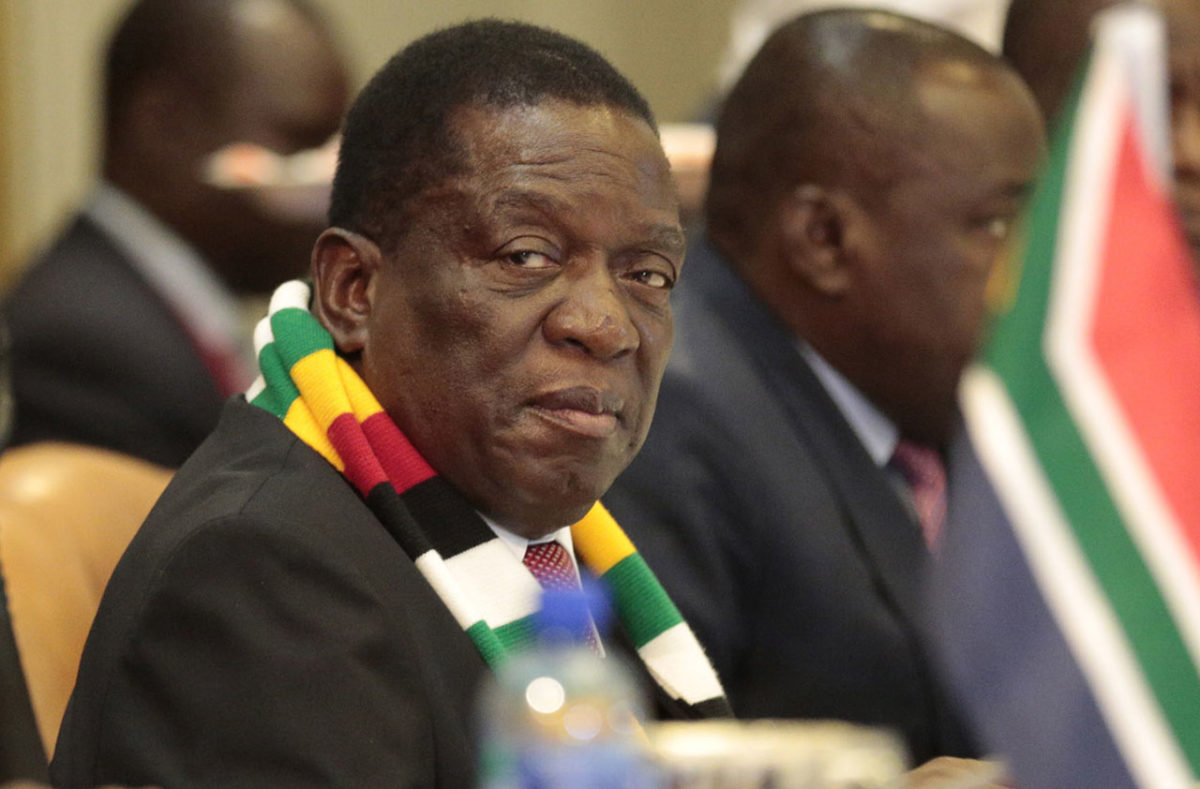By Own Correspondent
HARARE – Zimbabwe has been downgraded from “partly free” to “not free” over the intensifying persecution of opposition figures and rights activists, according to the 2021 Freedom House report on civil liberties and human rights.
The Washington DC based organization rates people’s access to political rights in 210 countries and territories through its annual Freedom in the World report.
In the latest report, Freedom House adjudicated that Zimbabwe’s freedom rate was 28 percent.
“The new administration has largely retained the legal, administrative, and security architecture it inherited from the (Robert) Mugabe regime and it has stepped up repression to consolidate its authority.
“Endemic corruption, weak rule of law, and poor protections for workers and land rights remain among Zimbabwe’s critical challenges,” the report said.
Among other things, Harare has been under the microscope for using Covid-19 lockdown measures to restrict Zimbabweans’ freedom of movement, forcing travelers to undergo stringent document checks at roadblocks.
Authorities forcibly dispersed an anti-government protest in Harare in July, physically attacking and arresting participants.
The report is also concerned that in March last year; the Supreme Court ruled that Movement for Democratic Change Alliance (MDC Alliance) leader Nelson Chamisa was not the legitimate opposition leader, replacing him with Movement for Democratic Change–Tsvangirai (MDC-T) leader Thokozani Khupe in a move that was regarded as a Zanu PF attempt to fracture the opposition.
Khupe went on to recall at least 31 MDC Alliance legislators as the year progressed, forcing them to surrender their seats.
The country’s image was also been affected by the postelection opposition protests that erupted in Harare, and the military was deployed to disperse them, leading to several deaths.
“The Zimbabwe Electoral Commission (ZEC) is responsible for election management and oversight, but its independence from Zanu PF has long been questioned.
“International election monitors criticized aspects of its management of the 2018 polls, noting vote-count stewardship, opaque procurement processes, and the irregular arrangement of the ballots themselves, which appeared to favor certain candidates.
“Political parties and civil society had difficulty accessing voter rolls, affecting audit and verification processes envisioned by the Electoral Act,” observed the report.
It claimed authorities have often suppressed opposition gatherings.
“While opposition groups were able to hold most meetings with limited disruption in the run-up to the 2018 elections, the MDC and its supporters faced post-election raids, arrests, and prosecutions.”
Freedom House also zoomed in on the arrest of Joanna Mamombe, Cecilia Chimbiri and Netsai Marowa who were arrested last June after claiming that security agents sexually assaulted and tortured them while detaining them the month before.
Groups such as Mthwakazi Liberation Front (MLF) have been blocked from conducting memorial meetings for victims of Gukurahundi massacres in the 1980s. The MLF is regarded by the government as a secessionist political party, and its leaders have faced persecution.
“Traditional leaders, who wield influence over public resources such as food aid, have intimidated villagers, restricted opposition access to their areas, and issued political statements in support of the ruling party, despite constitutional provisions and court orders requiring them to abstain from partisan politics.
“The president of the National Council of Chiefs, Fortune Charumbira, publicly supported Mnangagwa and Zanu PF ahead of the 2018 elections, and he defied a court order to retract his statements,” said the Freedom House report.
KUKURIGO
